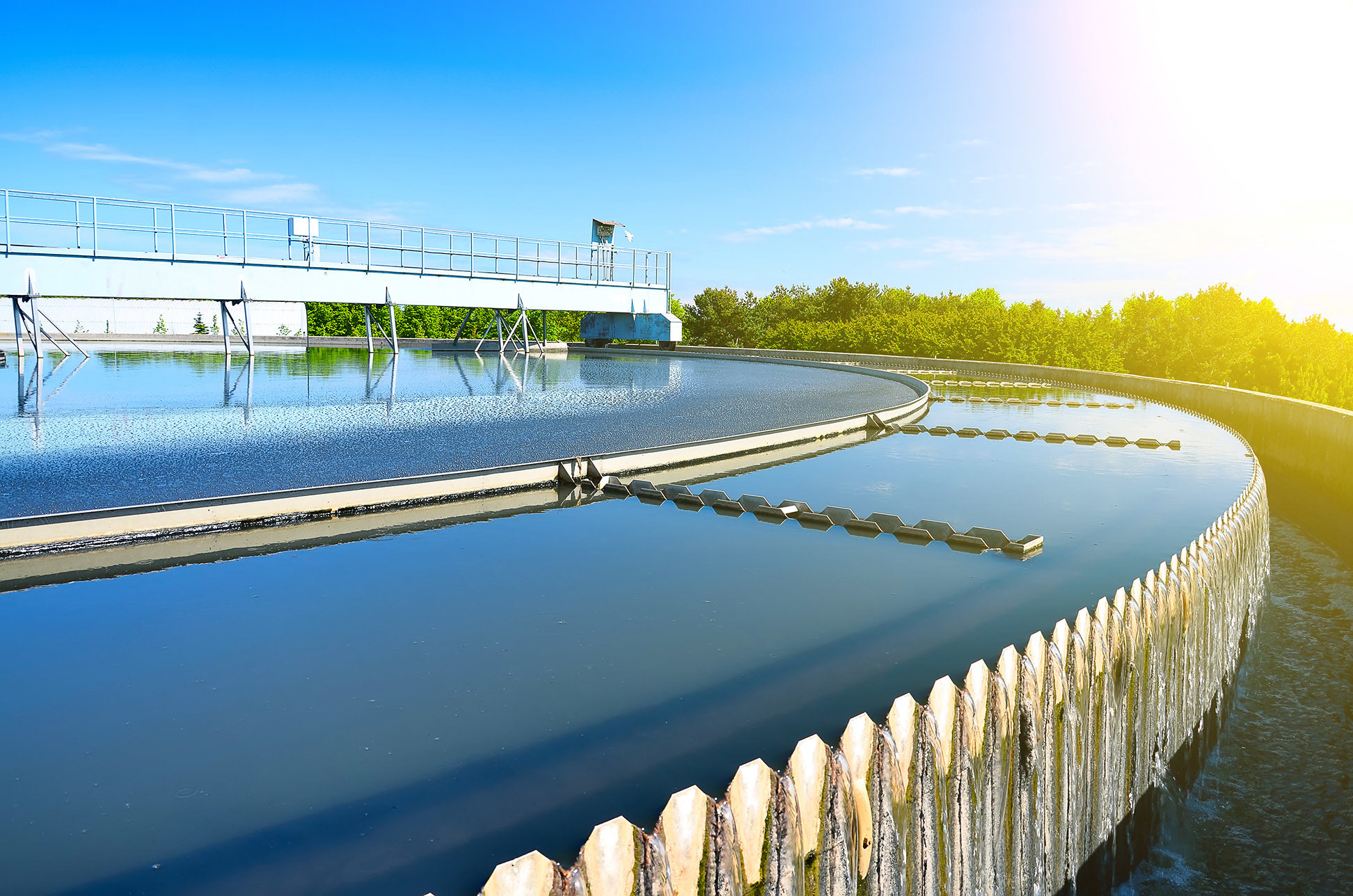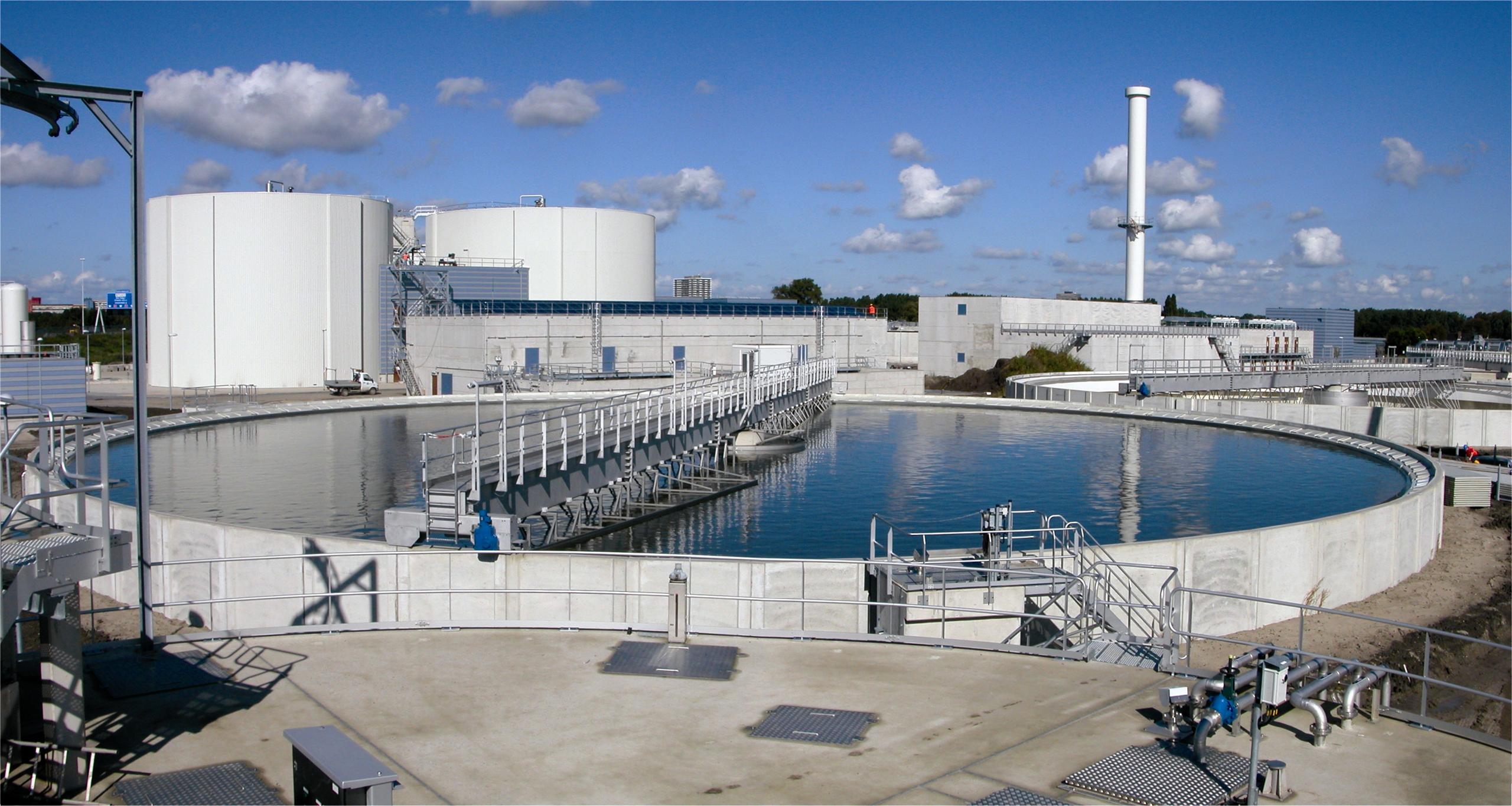- Commercial Reverse Osmosis Water Treatment Systems
- Industrial Reverse Osmosis Water Treatment Systems
- Ultrafiltration UF Water Treatment Systems
- Ion Exchange Water Treatment System
- Containerized Water Treatment Systems
- Customized Water Treatment System
- Bottle Water Filling Line
- Water Mechanical Micron Filters
- Stainless Steel Water Treatment Equipments
- Water Treatment Parts
- Water Sterilization
What is the use of reverse osmosis in water treatment plants?
In modern water treatment plants, RO reverse osmosis technology plays a vital role. Reverse osmosis systems remove sediment and chlorine from the water through a pre-filter, then force the water through a semipermeable membrane to remove dissolved solids. After the water leaves the RO membrane, it passes through a post-filter to purify the drinking water before entering a dedicated faucet.
1. Improve drinking water quality
One of the main uses of RO reverse osmosis technology in water treatment plants is to improve the quality of drinking water. Through the high-efficiency filtration of RO membrane, harmful substances such as bacteria, viruses, heavy metals, and organic matter in the water can be removed, thereby ensuring the safety and health of people's drinking water.
2. Industrial water treatment
In addition to drinking water treatment, RO reverse osmosis technology is also widely used in industrial water treatment. In the industrial production process, water quality has an important impact on product quality. RO technology can help remove impurities and dissolved solids from water, ensure the water purity required for industrial production, and improve product production efficiency and quality.
3. Agricultural irrigation water treatment
The quality of agricultural irrigation water directly affects the growth and yield of crops. RO reverse osmosis technology can help remove salt and harmful substances from irrigation water, thereby ensuring the quality of irrigation water, improving crop yield and quality, and promoting the sustainable development of agricultural production.

What are the applications of RO reverse osmosis technology in modern life?
1. Household drinking water purification system
RO reverse osmosis technology is widely used in household drinking water purification systems. RO water purifiers can effectively remove impurities, odors and bacteria in tap water, providing clean and healthy drinking water for families.
2. Water used by businesses and services
RO water purification systems are also widely used in commercial and service industry venues such as restaurants and hotels. RO technology ensures the quality of food and beverages, improves customer satisfaction, and reduces operating costs.
3. Medical and Laboratory
Medical institutions and laboratories have extremely high requirements on water quality. RO reverse osmosis technology can provide high-purity water for use in pharmaceuticals, experiments and other fields, ensuring the accuracy of experimental results and the normal operation of medical equipment.

How does RO reverse osmosis technology affect water resources management?
The widespread application of RO reverse osmosis technology has had an important impact on water resources management. The high-efficiency filtration capabilities of RO technology and the renewable nature of water resources make it an important tool for water resources management.
1. Sustainable use of water resources
RO reverse osmosis technology can help regions make full use of renewable water resources, such as seawater, groundwater, etc., to achieve sustainable use of water resources. By treating seawater or groundwater with RO technology, high-quality freshwater resources can be obtained and the problem of regional water shortages can be alleviated.
2. Wastewater treatment and reuse
RO reverse osmosis technology can also be used for wastewater treatment and reuse. By treating industrial wastewater or domestic sewage with RO technology, harmful substances can be removed, clean water resources can be obtained, waste water resources can be reused, and pressure on natural water resources can be reduced.
3. Water resources allocation and management
The application of RO technology also has an impact on the distribution and management of water resources. RO technology can convert groundwater, seawater and other resources into usable freshwater resources, help rationally allocate and manage water resources, meet the needs of different industries and people for water resources, and promote the rational utilization and protection of water resources.




